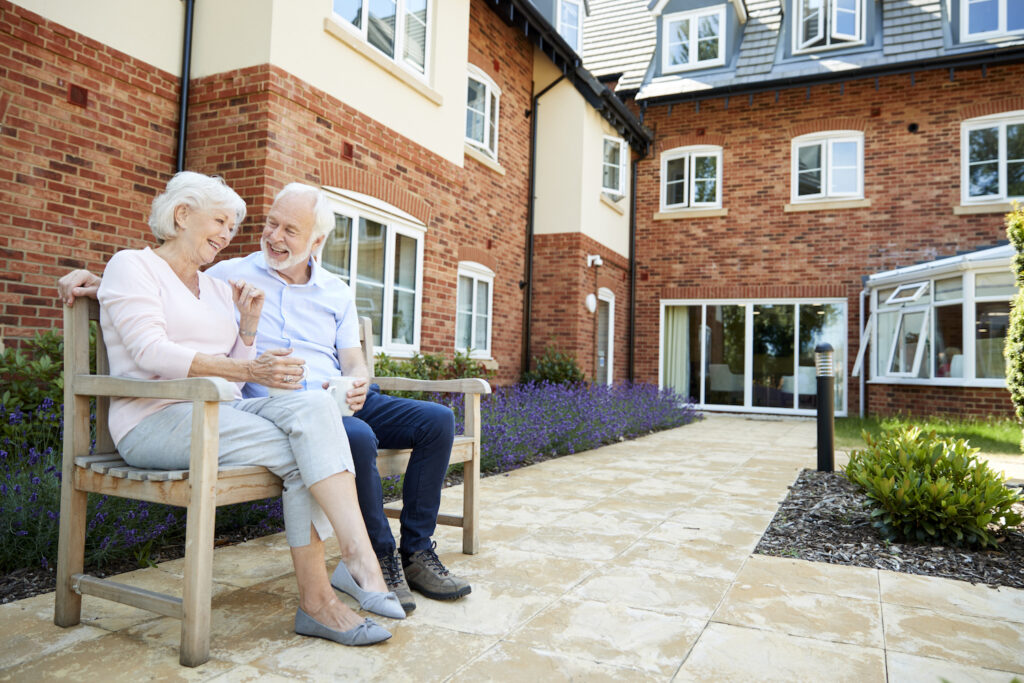Managing a senior living facility comes with the significant responsibility of ensuring the safety and well-being of its residents. One area that requires planning and regular review is the prevention of fire, water, and mold issues, which can be both costly and dangerous. Here’s a quick guide for property managers on how to proactively address these concerns.
Fire Prevention and Safety:
- Regular Inspection and Maintenance: Ensure that all fire alarms, sprinklers, and extinguishers are in working order and comply with the latest safety standards. Schedule regular inspections by certified professionals.
- Safety Drills and Resident Education: Conduct fire evacuation drills regularly and provide educational programs for residents and staff on fire safety protocols.
- Building Materials and Design: Use fire-retardant materials in construction and design layouts that allow for easy evacuation. Ensure that all fire exits are clearly marked and unobstructed at all times.
- Educate Residents and Guests: Make sure all residents and visitors follow fire-prevention protocols, including careful use of candles (if at all), removing appliance with damaged cords, not overloading wall outlets or extension cords, and careful use of space heaters.
Water and Plumbing Maintenance:
- Regular Inspections: Schedule regular inspections of the plumbing system to identify and repair leaks before they escalate. Pay special attention to places that are not frequently used (like basements) and areas prone to water damage (like laundry rooms).
- Upgrade Older Systems: In older facilities, consider upgrading pipes and fixtures to more durable and efficient materials to prevent leaks and bursts.
- Prepare for Inclement Weather: While it doesn’t remain below freezing for long all that often in Georgia, we do get our fair share of cold weather. When it is approaching, make sure you prepare both inside and outside of your property.
- Resident Awareness: Educate residents on what should not be flushed down the toilets or poured down drains, as these can cause significant plumbing issues. Also make sure everyone knows to report the first signs of leaking pipes or unexpected standing water.
Mold Mitigation:
- Humidity Control: Install dehumidifiers and maintain proper ventilation, especially in areas like bathrooms and kitchens, to prevent the buildup of moisture that can lead to mold growth.
- Prompt Repairs: Address water leaks immediately since standing water is a breeding ground for mold. And make sure all faucets drain completely. Quick action can prevent a minor issue from becoming a health hazard.
- Regular Cleaning: Perform regular deep cleaning, focusing on areas that are susceptible to mold. Use mold-resistant products in building materials where possible.
General Disaster Preparedness:
- Emergency Plans: Develop and maintain an emergency response plan tailored to your facility. This plan should be easily accessible to all staff members, residents and even frequent visitors.
- Backup Systems: Install backup generators and water pumps to ensure the facility can continue to operate during a disaster and prevent issues related to power or water outages.
- Insurance Review: Regularly review the facility’s insurance policies to ensure adequate coverage for disaster-related damages.
Property managers of senior living facilities must adopt a comprehensive and proactive approach to prevent fire, water, and mold issues. Through regular maintenance, resident education, and preparedness planning, managers can not only avoid costly repairs and potential disasters but also create a safe and comfortable living environment for their senior residents. And if the worst does happen, reach out to us immediately to start your recovery process quickly and completely.

